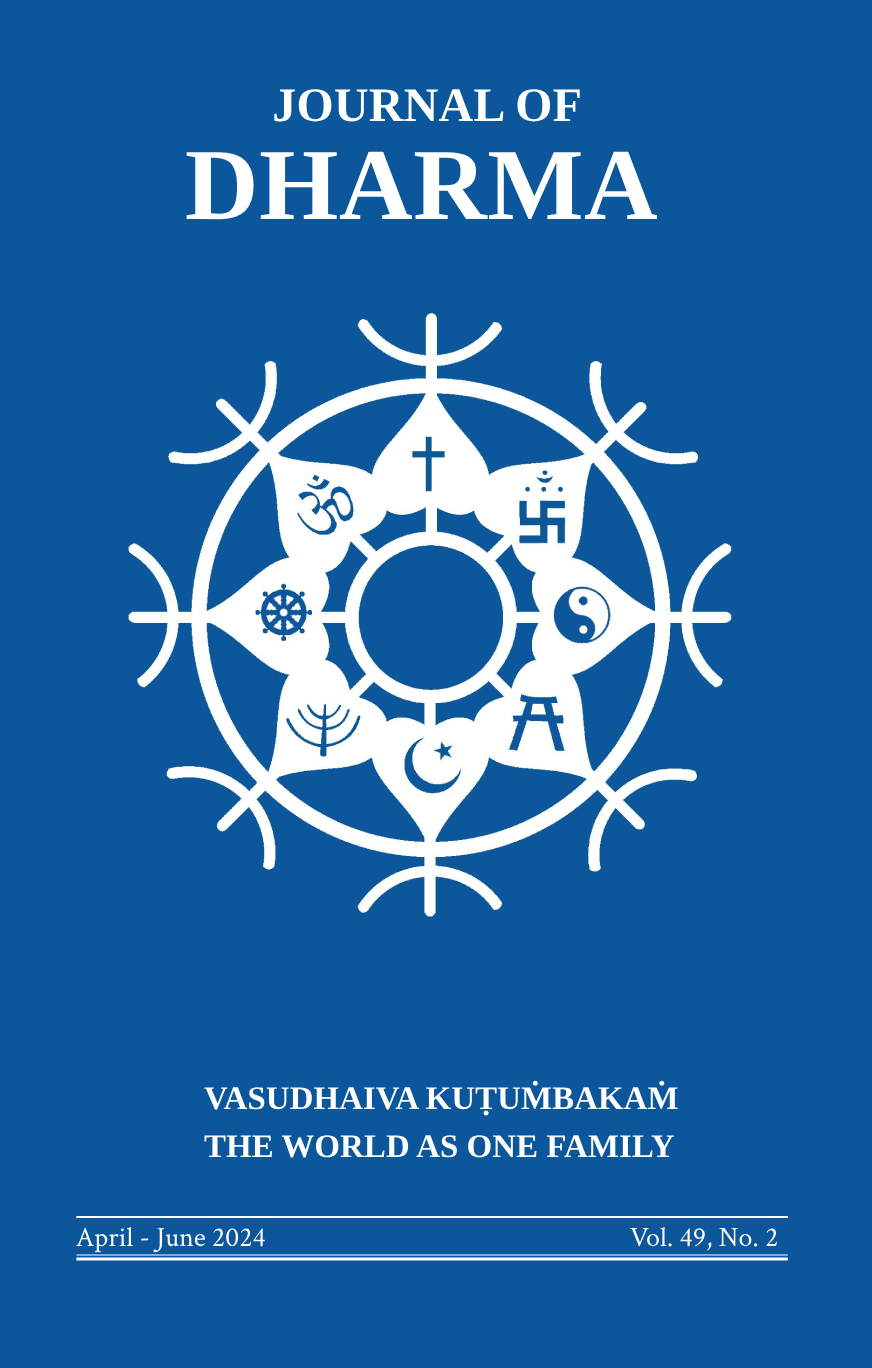Global Poverty and Human Security
A Vasudhaiva Kuṭuṁbakaṁ Perspective
Keywords:
Poverty Eradication, Universality, Inclusiveness, Cosmopolitanism, Sustainable Human Development, Openness, vasudhaiva kuṭuṁbakaṁ, Vulnerabilities, WelfarismAbstract
Poverty has been a persistent issue throughout human history, affecting societies worldwide. In the major industrialized nations, social welfare policies served as the primary approach to poverty alleviation until the late 20th century. In 1994, the United Nations Development Programme (UNDP) introduced a human-centred sustainable development model, emphasizing human security as a means to eradicate poverty and other forms of insecurity. Despite these efforts, data from the World Bank and other international organizations indicate that a significant portion of the global population remains impoverished, highlighting the ongoing need for development and inclusivity. The ancient Indian concept of vasudhaiva kuṭuṁbakaṁ, which promotes open-mindedness, interconnectedness, brotherhood, and fairness, offers a universal vision rooted in a family model. Interpreted in a contemporary context, vasudhaiva kuṭuṁbakaṁ presents a global perspective that resonates with the principles of human security. Integrating this concept with the human security framework holds the potential to address global poverty and promote the universality of human rights. This article seeks to reconstruct the human security paradigm through the perspective of vasudhaiva kuṭuṁbakaṁ in order to eradicate poverty and promote global well-being.
Published
How to Cite
Issue
Section
License
Copyright (c) 2024 Journal of Dharma

This work is licensed under a Creative Commons Attribution-ShareAlike 4.0 International License.

